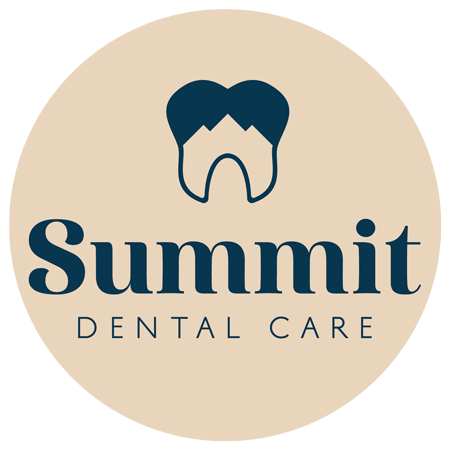Seattle Dentist
Dr. Vu and the team are like family! They treat my dental needs and make me feel right at home. When I had a dental emergency they cleared out time to make sure I was taken care of. I knocked 2 teeth out in a bike accident and you can’t even tell!! They also make a great point to support the LGBTQ+ community!
Dentist In Seattle
Dr. Vu and his staff are not only professional and well organized, they are also very welcoming and personable. They make you feel instantly comfortable the moment you walk in. They are a modern practice with state of the art technology and open to all clientele. Their work is fantastic and my teeth look and feel great.
Downtown Seattle Dentist
Summit Dental Care: convenient location in downtown Seattle; strong online website and patient portal (e.g., appointments, dental records); reception staff, hygienist, chairside assistants - competent and professional. Most importantly, there is Summit Dental's Dr. Vu, DDS - a very skilled dental professional who seems to genuinely care about the welfare of his patients. A recent dental crisis/emergency was handled without delay; when a tooth is "making its presence known," one doesn't want to hear, "Let me see if we have any openings..."! Dr. Vu replaced my (now retired) dentist of 20+ years - it has been a wise decision to stay with the practice.
Dentist Downtown Seattle
Dr. Vu is great. He and his staff are all friendly and kind, and I’ve consistently had good experiences at his office. He’s always trying to think of ways to improve patient experience- including offering noise canceling headphones for when you get fillings so you can listen to music or a podcast to distract you from the noise of the drill. Brilliant!
Seattle Family Dentistry
I've been a patient here for 6 years now and Dr. Vu and the team continue to exceed my expectations. They do a great job of listening to you and treat you with the utmost respect. I am so happy here that I keep paying extra for an out-of-Network dental plan. My gum health has improved tremendously and I have reclaimed my smile.
- Summit Dental Care
- 720 Olive Way Suite #930 Seattle, WA 98101
- 206-292-9980
- info@sdcseattle.com
- Hours
- Mon 8am to 5pm
- Tues 8am to 5pm
- Wed 7am to 4pm
- Thur 7am to 4pm
- Fri Closed
Copyright © 2021-2025 Summit Dental Care and 7 Digit Dental Marketing. All rights reserved. Privacy Policy, Terms of Service, Sitemap Privacy Notice
NamThien Vu, DDS • Dentist Seattle • Summit Dental Care
Cosmetic Dentist in Seattle WA offering dental implants, sedation dentistry, dentures, mouthguards, tmj treatment & invisalign. Call today! (206) 292-9980
Summit Dental Care, 720 Olive Way Suite #930, Seattle, WA 98101 • 206-292-9980 • summitdentalcareseattle.com • 8/9/2024 • Page Keywords: dentist Seattle WA •
